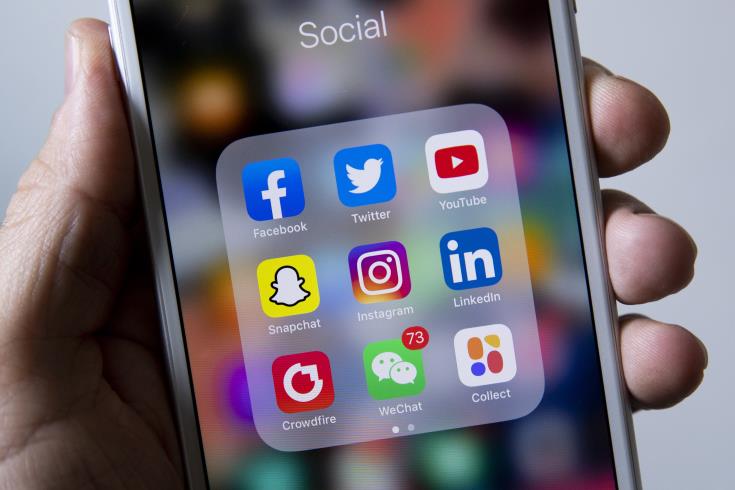We are relentlessly told that the future is digital, and if we don’t upskill to compete online, we will die with the dinosaurs.
Global tech firms were taking over the world, making it smaller and more interconnected, and screen time gave you access.
Our private data now relies on cloud security, and we seem not too bothered that social media is tracking our every move.
Social media climbed new heights during the pandemic as many were working from home or confined indoors – we stayed connected online.
Suddenly everyone converged online to do their business; it became a safe space as COVID raged.
It was thought that people would stay engaged online, but the trend has cooled post-pandemic.
A cyber war is being waged to gain our attention because more clicks mean more ads, which translates into bigger revenue streams.
Digital technology is empowering (from someone who played Subbuteo as a kid), but there is a price tag on that freedom to roam and do business.
But the recession has entered the billionaire’s playground with Twitter – under super-rich Elon Musk – going on a job culling spree followed by Facebook parent company Meta.
This week Meta laid off 11,000 employees (13% of the workforce), marking the most significant job cuts in the tech goliath’s history.
I was made acutely aware of this unprecedented axe-swinging as my son was part of the staff exodus.
He’d only just joined a month or so ago from university as a production engineer after a gruelling selection process.
Now he has tasted the cold chill of corporate ruthlessness and the uncertainty that unemployment brings.
Hopefully, his jobless status will not last, and his skill set will be valued elsewhere.
The jobs massacre comes as Meta confronts challenges to its core business and makes a costly bet on backing the Metaverse.
It doubled its staff numbers and recruitment during the pandemic upturn, but the global landscape swiftly changed.
It faces the same headwinds as other big tech firms, such as soaring inflation, rising interest rates and fears of a looming recession.
Meta has also imposed a hiring freeze until the first quarter of next year.
Even e-commerce mammoth Amazon is implementing a freeze on corporate hiring.
A perfect storm of factors pushed Meta over the edge – privacy changes implemented by Apple, advertisers tightening budgets and fierce competition from rivals like TikTok.
Experts say that Meta can stay the course; TikTok also has issues, as it has the clout to buy another emerging platform, as it did with WhatsApp and Instagram.
Although Facebook founder Mark Zuckerberg is considered a visionary, his multi-billion spending on the future of the internet (Metaverse) has raised doubts.
When inventing Facebook, there was no pressure to give investors a return on their money, but the share price has dived as profits halved.
Zuckerberg has had to face reality and streamline costs while the Metaverse – years before realisation – drains his finances.
He signalled a cultural shift in how office space will be used and the perks staff enjoy at work.
Once valued at more than $1 trillion, Meta’s market value has plunged to around $250 bln – something had to give.
Another problem Facebook has is its appeal to the younger generation – it’s now seen as a space where your parents congregate, not streetwise teens.
For example, I’m on Facebook but not TikTok, and I only use Instagram to check up on what my kids are doing (or not doing).
But then, I wouldn’t describe myself as a social media warrior, apart from following news and opinions on Twitter.
Musk has turned Twitter upside down with brutal layoffs that make Meta’s decision seem like a Christmas bonus.
After buying the loss-making company for an overpriced $44 bln, Musk is now trying to plug the money drain, but his scattergun approach only scares advertisers away.
He suggests Twitter may not “survive the upcoming economic downturn” if it fails to boost subscription revenue to offset falling advertising.
There are fears that Musk’s championing free speech may see the platform become an arena for looser content moderation.
An exodus of top privacy and security executives and lesser staff has done little to allay those fears.
The new owner creating confusion over the verification tick didn’t help matters – with fears of verified fakes.
Does anyone care to guess which one spins out of control first – Twitter or the Metaverse?










